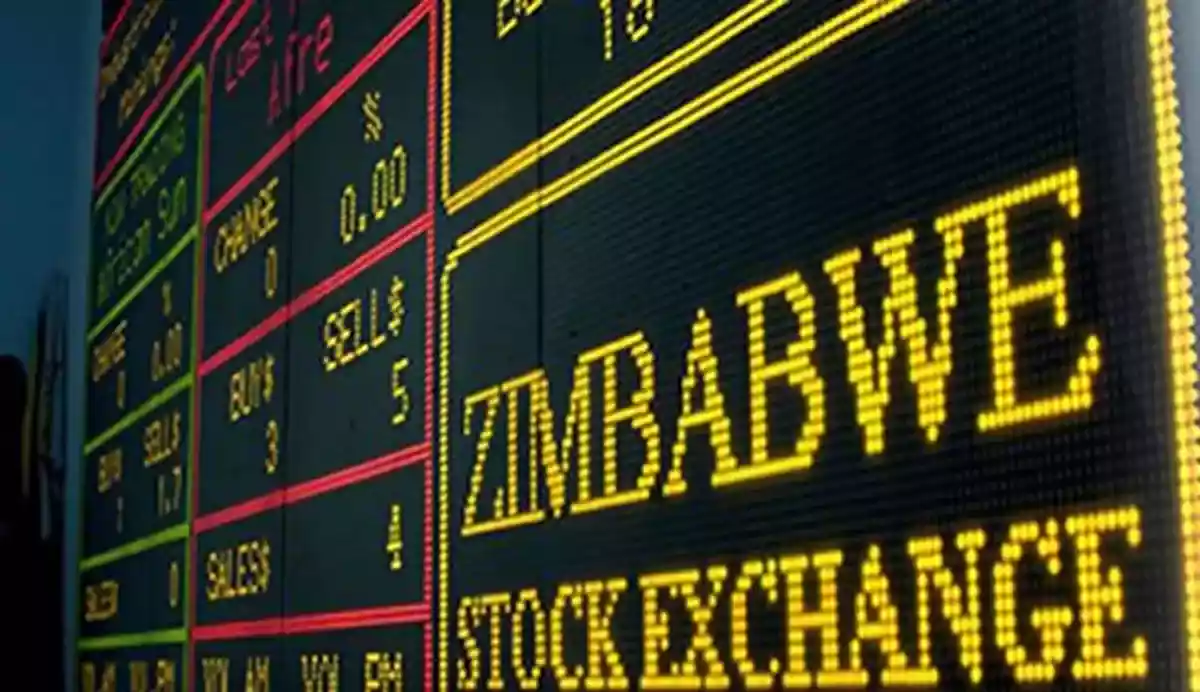
FIRMS listed on the Zimbabwe Stock Exchange (ZSE) are adopting a cautious approach this year as they are sceptical of the impending El Nino, power cuts and run-away exchange rate, businessdigest reports.
In 2023, the firms reported that the trading and operating environment characterised by hyperinflation, unstable exchange rates and intermittent power outages, remained challenging.
Demand in the formal markets for various product offerings remained depressed at a time rising energy prices and power shortages heavily impacted the manufacturing sector.
Price movements could not fully match inflation as competition from imported finished products increased.
In its statement for the results for financial year 2023, ART Holdings Limited expected the environment to remain complex characterised by foreign exchange rate volatility and inflationary pressures.
The group said it was going to focus on value preservation, de-risking and actively managing its businesses across the formal, informal and export markets.
“Export sales present a natural hedge in the face of uncertain local currency volatility and changing policies. The extension of the multi-currency regime for a further five years has been welcomed by the market,” it said.
“The group remains wary of the risk posed by the inconsistent power supply and the market arbitrage opportunities presented to competing traders through the auction foreign currency system.
- Inaugural Zim investor indaba highlights
- Stop clinging to decaying state firms
- ZB explores options to tackle inflation
- Zim operations drive FMB Capital
Keep Reading
“At a time when the next priority of our capital allocation was to return value to our shareholders, the Board has had to acknowledge the reality and significance of the risks and uncertainties that are in the operating environment. We have chosen to take a conservative approach to create a more resilient balance sheet.”
The year-on-year inflation rate for the month of December 2023, as measured by the all-items Consumer Price Index (CPI), remained high at 26,5%.
Official exchange rate is around ZW$6 282, whereas on the widely used parallel market, the rate is hovering at around ZW$10 000.
Agriculture concern CFI Holdings Limited also forecasted the operating environment to remain challenging and complex in the medium term aggravated by the now prevailing El Nino induced 2023/24 phenomenon, which is set to reduce agricultural output in the region.
Given that the agricultural sector is a mainstay to the group's operations, it said proactive management practices will therefore be employed to ensure its survival in these difficult times.
“Going forward, in the short to medium term, the group will prioritise continued investments in its milling operations in order to underpin its long-term competitiveness. Long term focus remains directed towards the development of low-cost housing delivery in Harare South in support of the government's Vision 2030 development goals.
“The group will therefore maintain its efforts to resolve all issues affecting its interests in its land banks to make way for progressive, orderly infrastructure development and service delivery to the various settlements,” the group said.
Brick manufacturer Wildale Limited said electricity supply must improve in order to boost capacity utilisation and efficiencies and put more bricks onto the market.
The group said it will leverage the prevailing boom in the construction of houses, commercial buildings, educational facilities and other infrastructure to improve revenues and profitability in the ensuing year.
“Efforts to raise funds from existing assets to upgrade production facilities will be enhanced in the new year. Relevant cautionary statements have been issued to the market,” Wildale said.
Ariston Holdings Limited said it will have to rely heavily on its irrigation systems in mitigation given that the 2023/24 agricultural season is expected to have lower than normal rainfall.
The brickmaker added that it will continue to focus on quality, production efficiencies and cost cutting measures.
“The tea production season has commenced well with harvests being greater than that harvested in the prior comparative period. Macadamia orchards, so far, have better nut sets than the prior comparative period,” the firm said.
“Macadamia export prices being indicated for the 2023/2024 season are higher than prices achieved in the current year. Indications are that the global oversupply situation that arose during the Covid-19 period has now come to an end with the market being undersupplied now.
“Increasingly, buyers are now trying to secure offtake agreements for the upcoming season. This is an improvement and points towards going back to the pre-COVID-19 period,” Ariston said.







